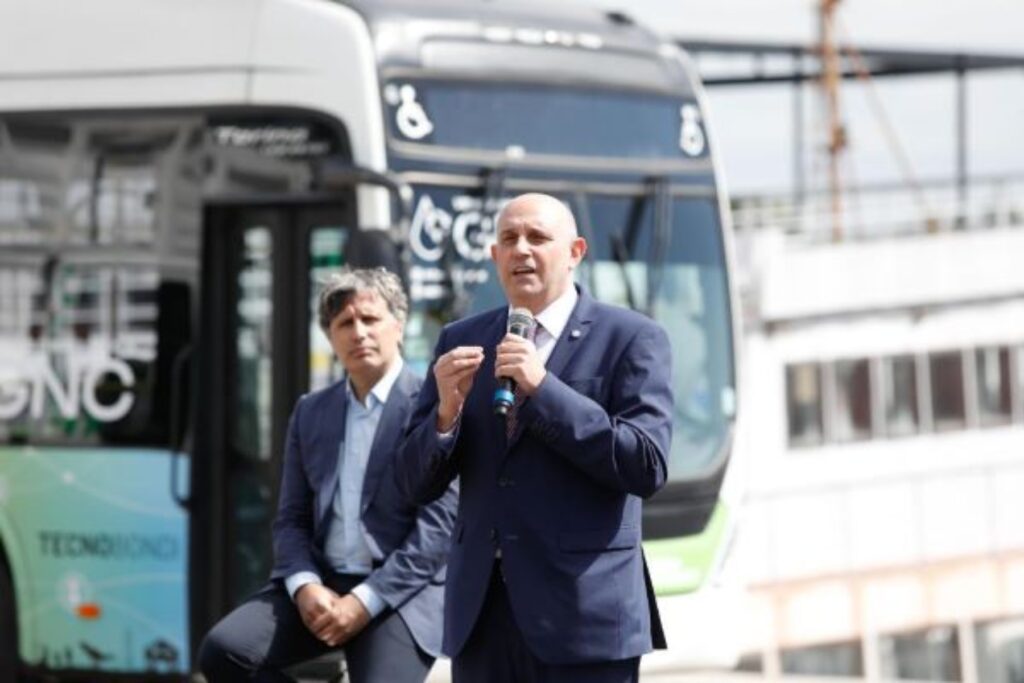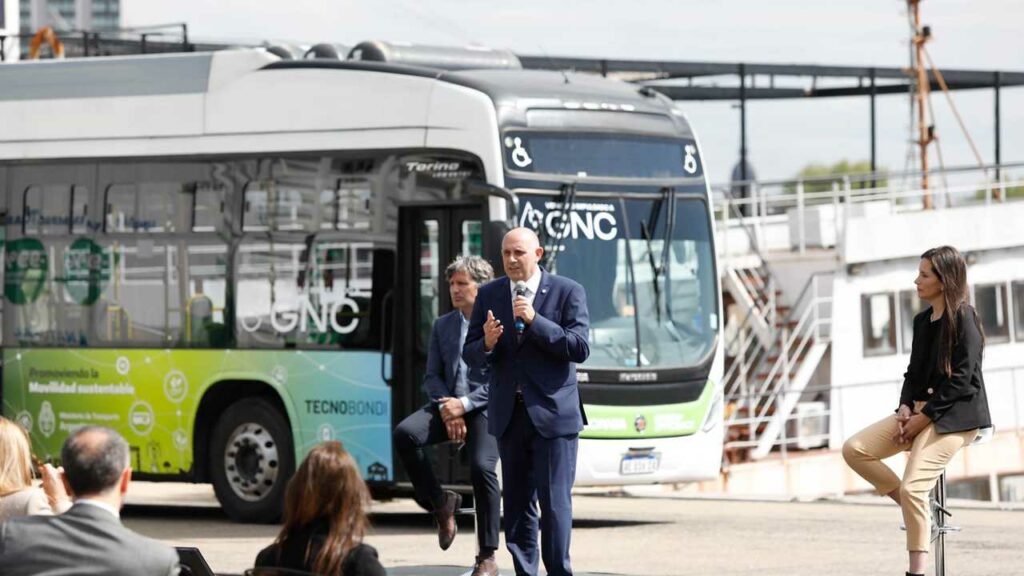Approximately 55% of the world’s population lives in cities and by 2050 it is expected to continue to increase, according to World Bank figures. In addition, it is estimated that 7 out of 10 people will live in urban areas.
This scenario poses several challenges for states and the community, such as meeting the demand for housing, basic services, employment and developing affordable and well-connected transportation systems.
In Argentina, transportation represents 30% of total energy demand and, according to official figures on Greenhouse Gases, emits between 15 and 24% of CO2 annually.
To reverse these figures, the public sector is introducing measures such as the one published this week by the Argentine Ministry of Transport with the National Sustainable Transport Plan.
According to the government agency, the main objective is to promote a transition towards energy efficiency that is intelligent and resilient.

Challenges
In this sense, the program will promote the reduction of greenhouse gas emissions, generate savings in the trade balance, redistribution of transport subsidies and import substitution.
It also stipulates the implementation of the Single Electronic Ticket System, a platform that allows each user to pay for public transportation trips with their respective smart card.
During the presentation of the project, the Argentine Transportation Ministry set goals such as that 10% of the incorporations in cargo and passenger transportation should be with electric and gas vehicles. In addition, the transition to clean energies will be 50% by 2030 and 100% by 2050.
The authorities also announced that they will work with local jurisdictions to provide incentives in public transportation tenders and with the unions for the cargo segment.
The plan has three main pillars: transition to natural gas, electromobility and new technologies.
The aviation sector is also included in the proposal, which seeks that the internal mobility of airports, whether for passengers or cargo, be carried out with electric vehicles.
Read also: Climate Commitment of Enel Highlights at the UN General Assembly and Sustainability Week




